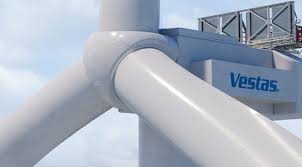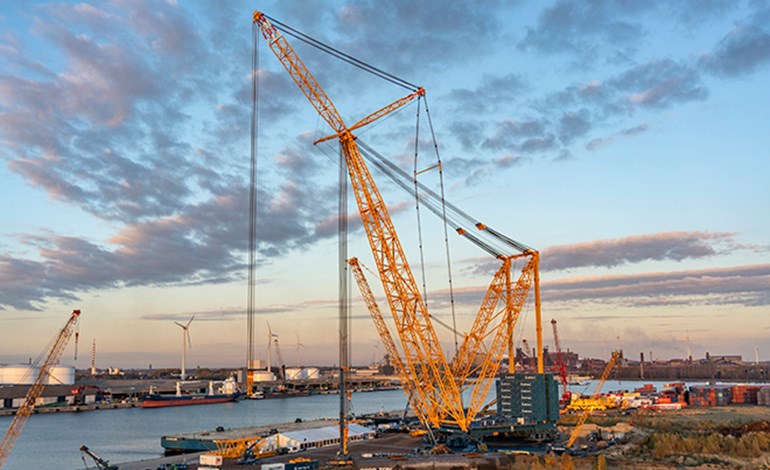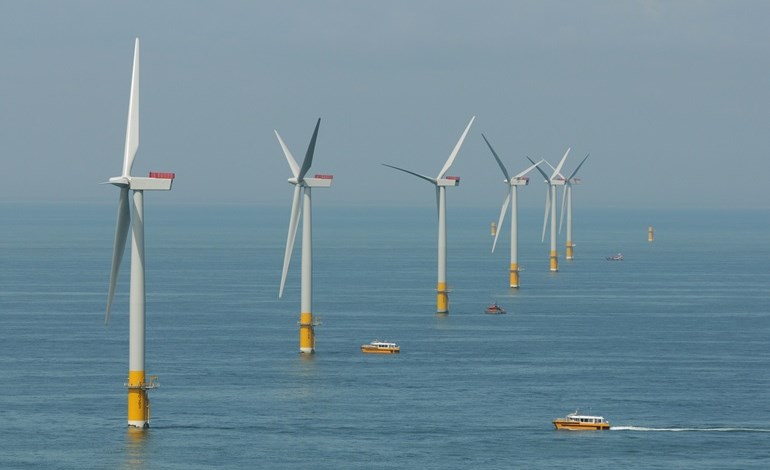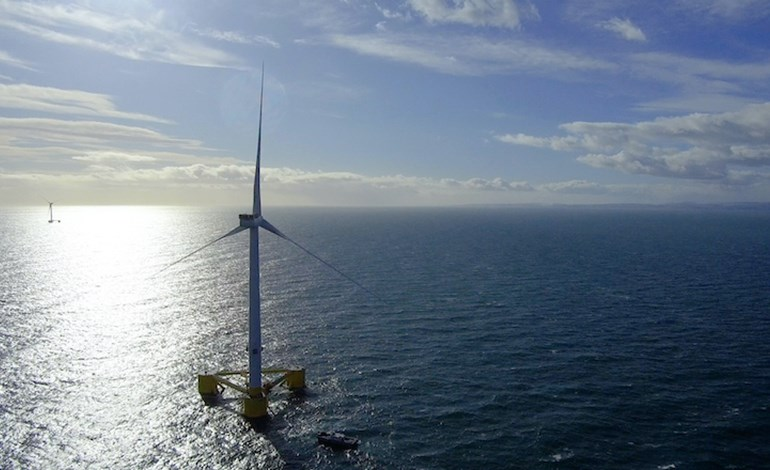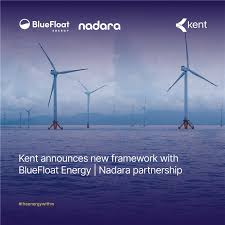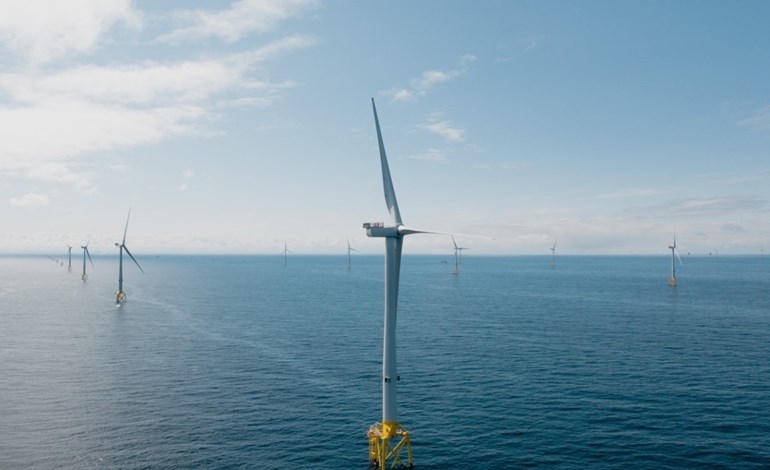
HS2, or High Speed 2, is a high-speed railway under construction in England and EKFB is responsible for delivering 80km of the HS2 Phase 1 route.
Following the initial trial demonstrating that hydrogen can significantly reduce diesel usage and emissions on construction sites, the use of hydrogen technology has been extended for the entire project duration.
As part of the demonstration, GeoPura’s Hydrogen Power Units (HPUs) were deployed at the Footpath SMA9 Accommodation Overbridge Compound and the Thame Valley Viaduct sites.
These two locations are characterised by rural settings and a lack of reliable off-grid power, which is why the HPU was deployed.
The HPU is equipped with fuel cell technology and converts hydrogen gas into electricity, emitting only water vapour as a by-product.
Traditionally construction sites rely heavily on diesel generators for power generation when grid access is unavailable, resulting in significant carbon emissions and air pollutants. The HPU helps reduce the carbon footprint and improves air quality at the sites.
Andrea Davidson, HS2 head of Carbon & Climate Change, commented: “With no harmful pollutants, the technology brings major air quality benefits to the workforce and local communities around the construction sites, something which is vitally important across the whole of the HS2 project.”
HS2 aims to achieve net zero by 2035 and eliminate diesel use on all sites by 2029.
Alan Silverster, EKFB carbon manager, commented, “Moving away from the use of diesel and other fossil fuels is a key part of EKFB’s carbon strategy, and hydrogen can play an important role in providing versatile, clean energy that reduces the carbon footprint of construction operations.
“As further research, development, and investment is needed to fully realise the potential of using hydrogen on construction sites, we were keen to play our part in helping to demonstrate its benefits in a live environment. The GeoPura units we have been using at our sites have been an excellent and reliable source of zero emissions power from the outset.”
Over their deployment period up to June 2024, the HPUs saved over 189 tonnes of CO2 equivalent. Additionally, reductions of 1635 kg of NOx, 898 kg of CO, and 63 kg of particulate matter have significantly improved air quality on site.
Andrew Cunningham, CEO of GeoPura, added: “The successful deployment of GeoPura HPUs at EKFB’s sites further demonstrates the practical viability and environmental benefits of clean, hydrogen-fuelled generators.
“Historically the industry has proactively removed many threats to human health from their working environment – GeoPura are delighted to be helping EKFB and HS2 eliminate diesel use on all their sites leaving a sustainable legacy for one of the UK’s most significant infrastructure projects.”
More hydrogen-powered generators are coming to market and the availability of green hydrogen is increasing, meaning HPUs can play a larger role in the drive towards net-zero construction practices.
